
Is Hyaluronic Acid Good for Oily Skin?
Do you have oily skin? If so, you may be wondering if hyaluronic acid is good for you. Hyaluronic acid is a molecule that occurs naturally in the body. It has many skin benefits, including reducing inflammation and helping to keep the skin hydrated. In this blog post, we will discuss whether or not hyaluronic acid is good for oily skin and provide tips on how to use it if you do decide to give it a try!
What is Hyaluronic Acid?
Hyaluronic acid is a molecule that is found naturally in the body. It is produced by the skin cells and helps to keep the skin fresh and hydrated. It can hold up to 1000 times its weight in water, making it an excellent ingredient for dry or dehydrated skin. It is also known for reducing inflammation and helping to heal wounds.
It is known for its hydrating properties, but recent studies have shown that hyaluronic acid can also help to reduce sebum production. Sebum is the oily substance that your skin produces, and it can contribute to clogged pores and breakouts. Reducing sebum production can help to keep the skin clear and less prone to breakouts.
So, Is Hyaluronic Acid Good for Oily Skin?
So, what about oily skin? The answer is yes! Although it may seem counterintuitive to put a moisture-binding ingredient on already oily skin, hyaluronic acid can actually help to balance out the oil production in your skin. When used correctly, it can help to control shine and keep the skin looking matte.
If you have oily skin and are interested in trying hyaluronic acid, we recommend using it in a serum or gel form. Avoid products that contain alcohol, as this can dry out the skin and make breakouts worse. Look for serums that are labeled “oil-free” or “non-comedogenic,” as these will be less likely to clog your pores.
Hyaluronic Acid Skin Benefits
In addition to its oil-controlling properties, hyaluronic acid has a number of other skin benefits. As we mentioned earlier, it is a moisture-binding ingredient that can help to keep the skin hydrated. It is also known for reducing inflammation and helping to heal wounds.
Let's take a look at some of the benefits of hyaluronic acid in more detail:
- Moisture-binding: As we mentioned, hyaluronic acid can hold up to 1000 times its weight in water. This makes it an excellent ingredient for dry or dehydrated skin. It can help to keep the skin hydrated and plump.
- Reduces inflammation: Hyaluronic acid is known for reducing inflammation. This can be beneficial for those with conditions such as acne, eczema, and psoriasis.
- Heals wounds: Hyaluronic acid can also help to heal wounds. It helps to reduce inflammation and promote healing by increasing the production of collagen and elastin fibers.
Hyaluronic acid can be used on all skin types, but it is especially beneficial for dry or dehydrated skin. If you have dry skin, you may find that using a hyaluronic acid serum helps to reduce the appearance of fine lines and wrinkles. This is because dehydration can accentuate the appearance of fine lines and wrinkles. By keeping the skin hydrated, hyaluronic acid can help to plump up the skin and reduce the appearance of wrinkles.
Also Read: Benefits Of Hyaluronic Acid for Skin
How to Use Hyaluronic Acid for Oily Skin?
Since hyaluronic acid is good for both dry and oily skin, it can be used in a number of ways.
- Moisturizers: You can find hyaluronic acid in a number of different moisturizers. It is often used in gel creams and serums, as these formulas are less likely to clog pores.
- Masks: You can also find hyaluronic acid in face masks. The Pink Foundry’s Overnight Exfoliating AHA BHA Radiance Mask is great for an extra boost of hydration. If you have oily skin, this mask can help to control oil and can be beneficial for those with acne-prone skin.
- Cleansers: Hyaluronic acid is also sometimes added to cleansing products. This can help to add moisture back into the skin after cleansing and can prevent the skin from feeling dry or tight.
Also Read: Uses Of Hyaluronic Acid for Good Skin
Best Skincare Ingredients to Combine with Hyaluronic Acid for Oily Skin
One of the great things about hyaluronic acid is that it combines well with other common skincare ingredients:
- Vitamin C: Vitamin C is a powerful antioxidant that can help to protect the skin from damage. It also helps to brighten the skin and reduce the appearance of dark spots.
- Retinol: Retinol is another ingredient that is often used to reduce the appearance of fine lines and wrinkles. It can also help to improve the texture of the skin.
- Niacinamide: Niacinamide is a form of vitamin B that can help to brighten the skin and even out the complexion.
- Alpha Hydroxy Acids (AHAs): AHAs are exfoliating acids that can help to improve the texture of the skin.
How often can you use it?
You can use hyaluronic acid once or twice a day, depending on your skin type and the product you are using. If you have dry skin, you may find that using it once a day is enough to keep your skin hydrated. If you have oily skin, you may find that using it twice a day helps to control oil production.
When using hyaluronic acid for the first time, start with once a day and increase as needed. You can also try using it every other day to see how your skin reacts. If you find that your skin is reacting well, you can increase it to twice a day.
If you have sensitive skin, it is always best to speak to a dermatologist before using any new products, as they can advise you on the best skincare routine for your skin type.






















































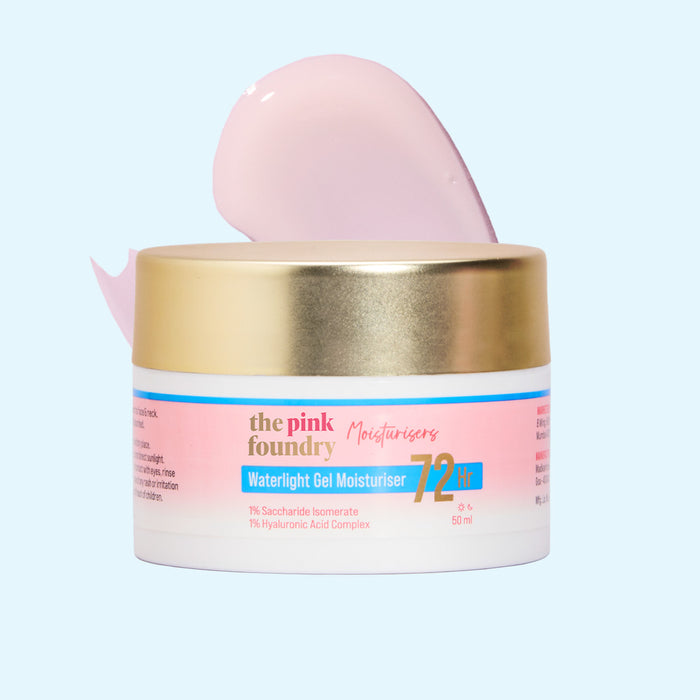

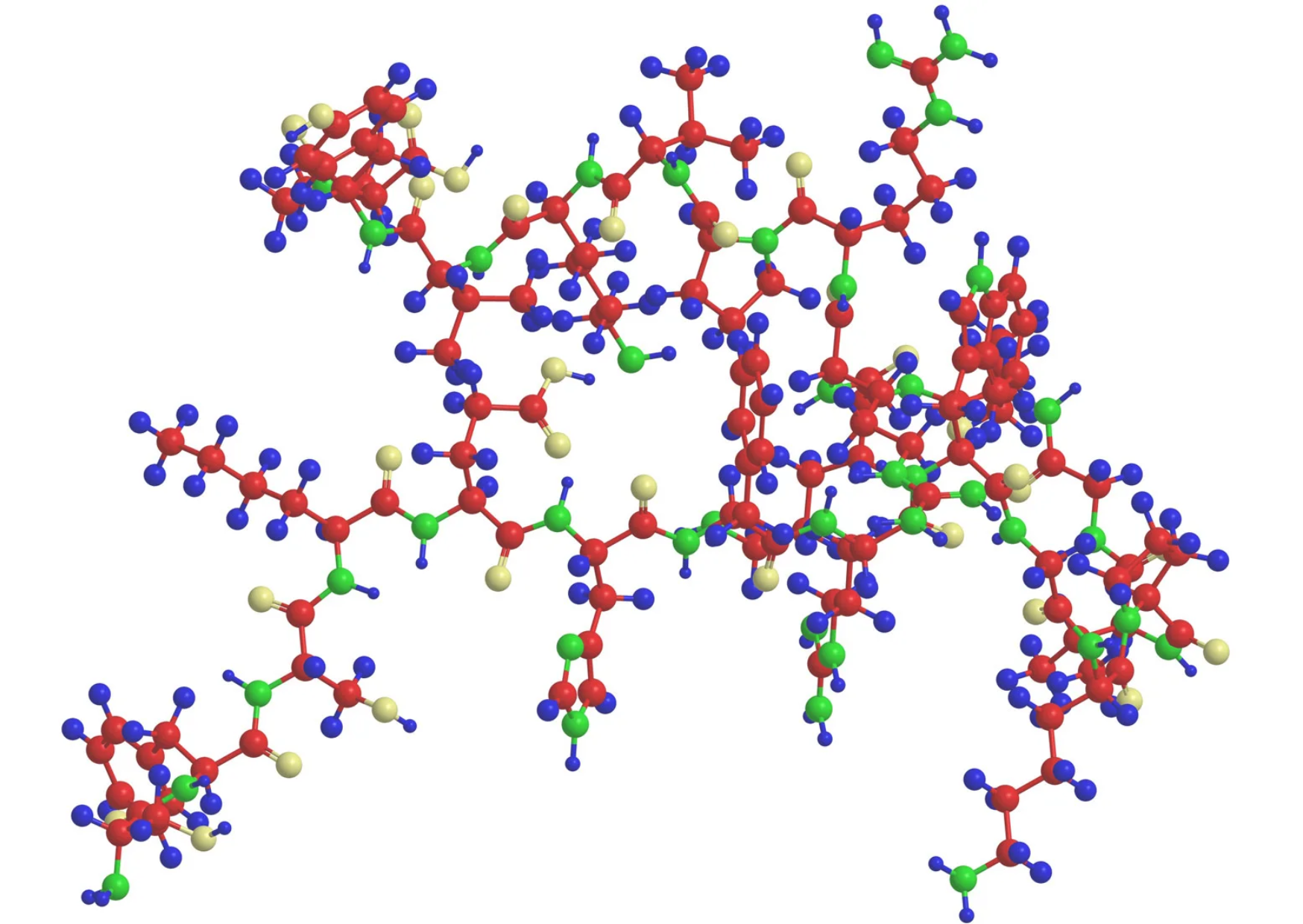

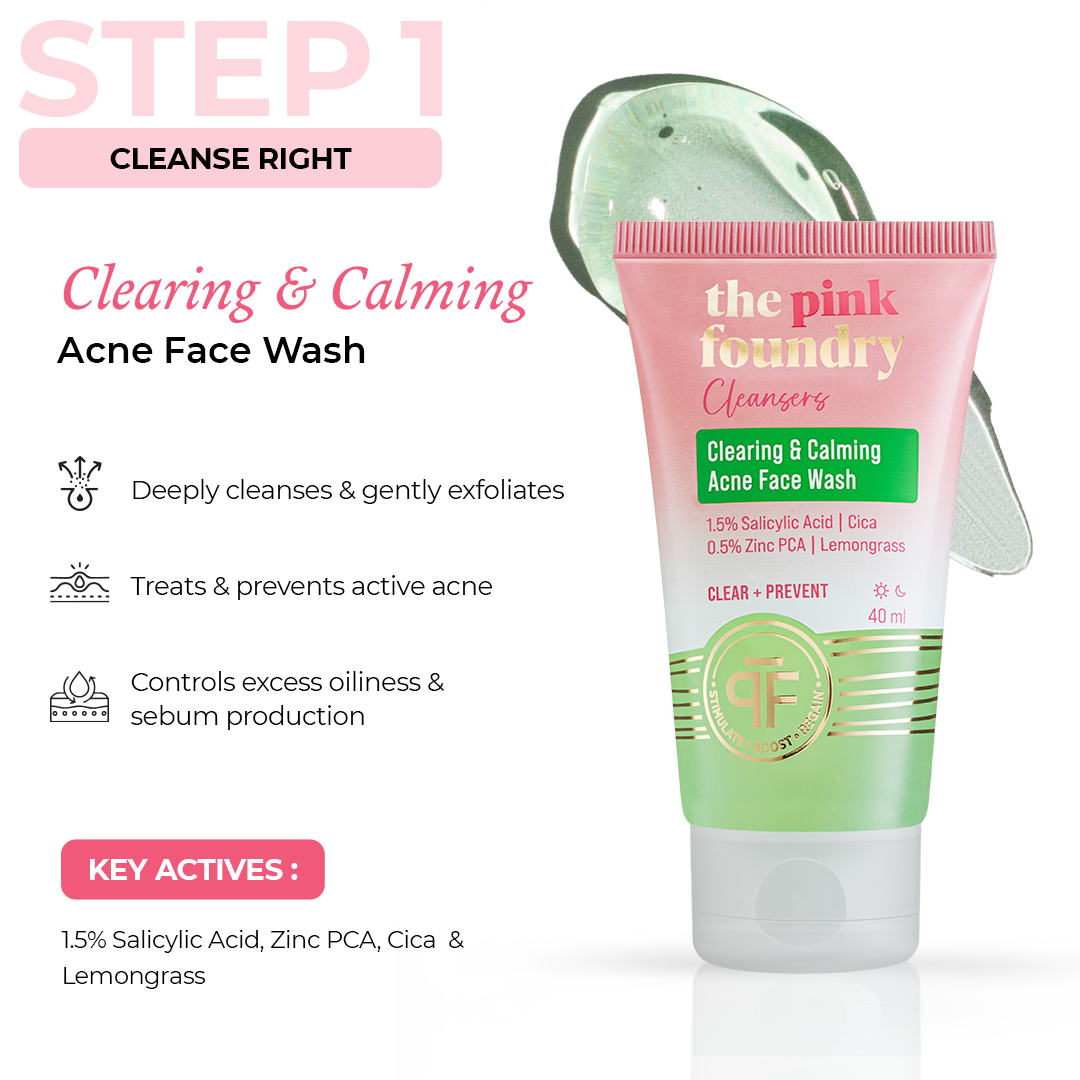




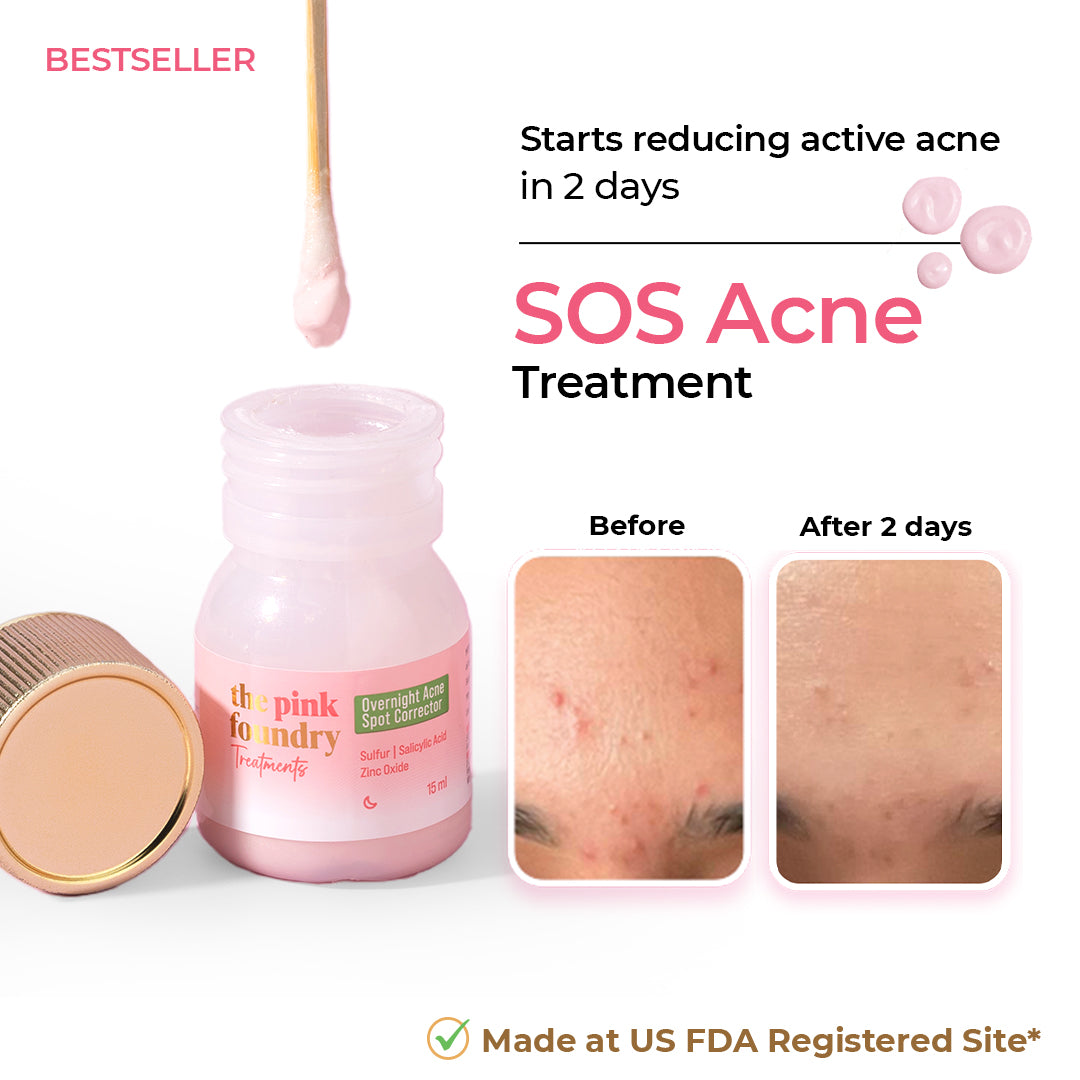
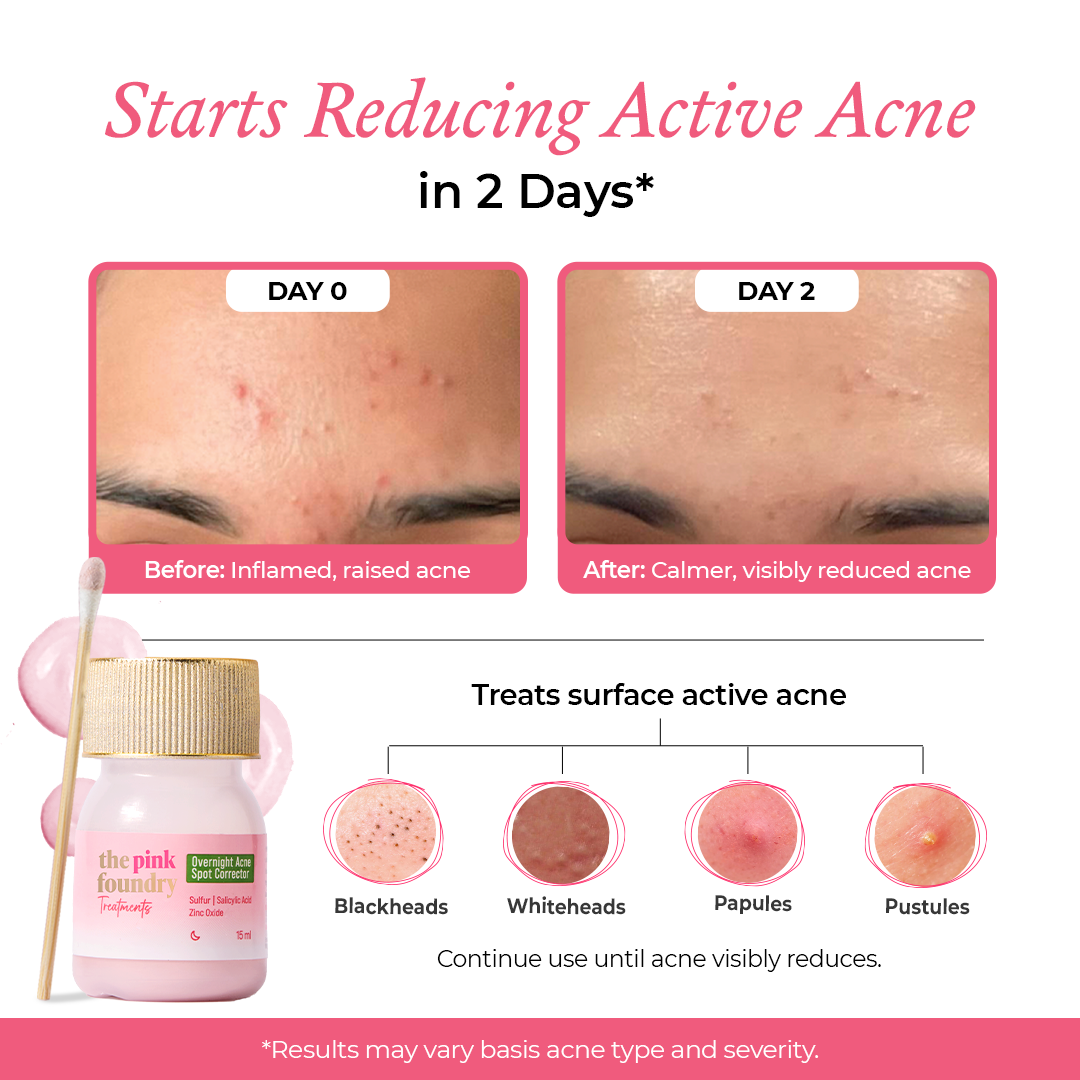








Leave a comment
This site is protected by hCaptcha and the hCaptcha Privacy Policy and Terms of Service apply.